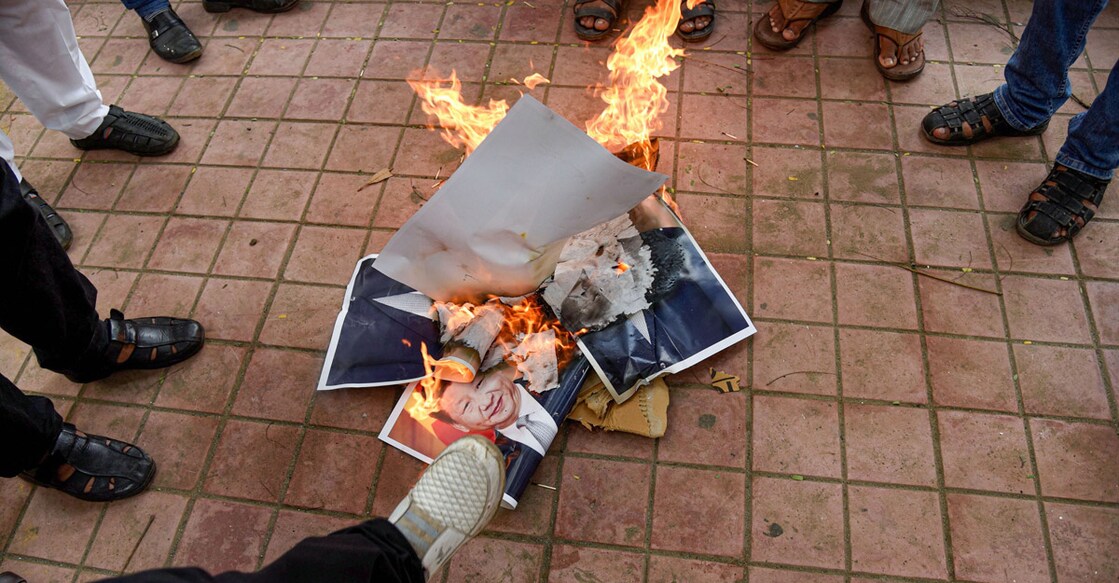As demands to boycott Chinese goods grow louder, India ramp ups Make in India efforts

Mail This Article
New Delhi: Amid the clamour to boycott Chinese goods, the Central government is pondering ways to reduce the dependency on imports from China.
E-commerce giants in the country have been asked to amend their policies to ensure that the products they sell are made in India. These products must also carry a label that identifies them so.
The development comes amid heightened tensions between India and China after clashes along its border saw twenty soldiers killed and several injured on Wednesday. It was the worst cross-border scuffle between the two sides in 45 years.
Now, many trade organizations are demanding an increase in import tariffs on products from China – on toys, home appliances, fertilizers, mobiles and electronic goods. But under WTO rules India cannot unilaterally block all of China's goods.
Also, about 60 per cent of all chemical compounds used for the manufacture of medicines in India come from China. To stop importing them would drive up the costs. With the national machinery still paralysed under coronavirus, it is unlikely that such a drastic measure will be taken.
Besides, even with the ban, Chinese goods will continue to enter the country through ASEAN markets. India has free trade with ASEAN countries and China dominates this market.
Instead, sweeping changes have been brought into the e-commerce policy.
It has been decided that all goods sold by e-commerce companies should be registered in India. Department of Promotion of Industry and Internal Trade has been tasked with ensuring that all goods are registered. Hefty fines will be levied for violation of the new norms, according to reports.
China exports $7,032 crore worth of goods here while India exports a little over one-fifth that value. However, Chinese exports here account for just 2 per cent of their total exports whereas India exports to China account for 8 per cent of its total exports.
Trade organizations are also urging cinema and sports stars to not campaign for Chinese products.
This move against China, however, will no longer affect sponsorships. The Indian Olympic Association (IOA) has signed a sponsorship deal with the Chinese sports goods and apparel manufacturer Li-Ning. The IOA Secretary-General Rajeev Mehta said the deal would be reviewed under the new circumstances.
BCCI's Rs 2190 crore contract with Chinese company Vivo for the Twenty20 Cricket League too will continue. BCCI Treasurer Arun Singh has argued that it is not right to cancel the contract as the money will be spent in India itself.
Contracts signed by the Ministries also do not change.
Recently, China's Shanghai Tunnel Engineering Company was awarded the contract for the tunnelling of the Regional Rapid Transport System from Delhi to Meerut. The project is worth Rs 1,126 crore.
Though TATA and L&T were also involved, China trumped them by offering the lowest cost. The project is being implemented with the assistance of the Asian Development Bank and cannot be cancelled.

